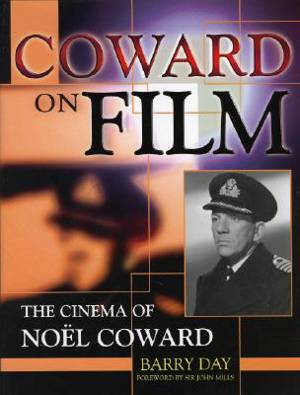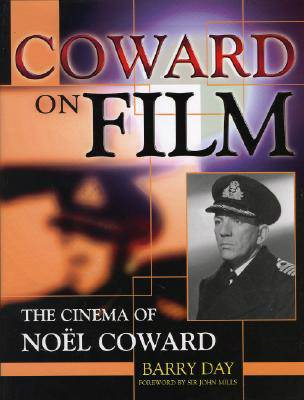
- Afhalen na 1 uur in een winkel met voorraad
- Gratis thuislevering in België vanaf € 30
- Ruim aanbod met 7 miljoen producten
- Afhalen na 1 uur in een winkel met voorraad
- Gratis thuislevering in België vanaf € 30
- Ruim aanbod met 7 miljoen producten
Zoeken
Omschrijving
There were few true giants in 20th century theatre, but Noël Coward was indisputably one of them. Playwright, director, actor, he defined all those roles. But the stage could never contain his many talents, or indeed, his plays. Many of the earlier ones were adapted for the screen, including Easy Virtue, The Vortex, Private Lives, Design for Living, and Cavalcade. In the forties he took more direct control of his films by acting as writer, producer, director - and sometimes all three. His historical collaboration with David Lean, Ronald Neame and Anthony Havelock-Allan resulted in the classic quartet of In Which We Serve, Blithe Spirit, This Happy Breed, and Brief Encounter. As a film actor, his career spanned 50 years, from an uncredited walk-on in D.W. Griffith's Hearts of the World (1917) to his final role in the 1968 Michael Caine thriller, The Italian Job. In between he proceeded to steal--with what he called "petty larceny"--such films as The Scoundrel, Around the World in Eighty Days, and Our Man In Havana. Significant as his film successes were, they have somehow been obscured by his many other achievements. In Coward on Film: The Cinema of Noël Coward, author Barry Day restores the balance by documenting every film based on Coward's work and/or in which he appeared. The result is an astounding list of film credits, including--on occasion--that of composer. Judged on his contribution to cinema alone, Coward would have left a legacy matched by very few. With this detailed chronicle--which includes quotes from Coward himself and a complete filmography--Coward on Film stands as a fitting tribute to that legacy. This lavishly illustrated book is a key work of reference for both Coward fans and film enthusiasts, and will be a necessary addition to any library.
Specificaties
Betrokkenen
- Auteur(s):
- Uitgeverij:
Inhoud
- Aantal bladzijden:
- 208
- Taal:
- Engels
Eigenschappen
- Productcode (EAN):
- 9780810853584
- Verschijningsdatum:
- 23/12/2004
- Uitvoering:
- Hardcover
- Formaat:
- Genaaid
- Afmetingen:
- 222 mm x 277 mm
- Gewicht:
- 911 g

Alleen bij Standaard Boekhandel
+ 258 punten op je klantenkaart van Standaard Boekhandel
Beoordelingen
We publiceren alleen reviews die voldoen aan de voorwaarden voor reviews. Bekijk onze voorwaarden voor reviews.











